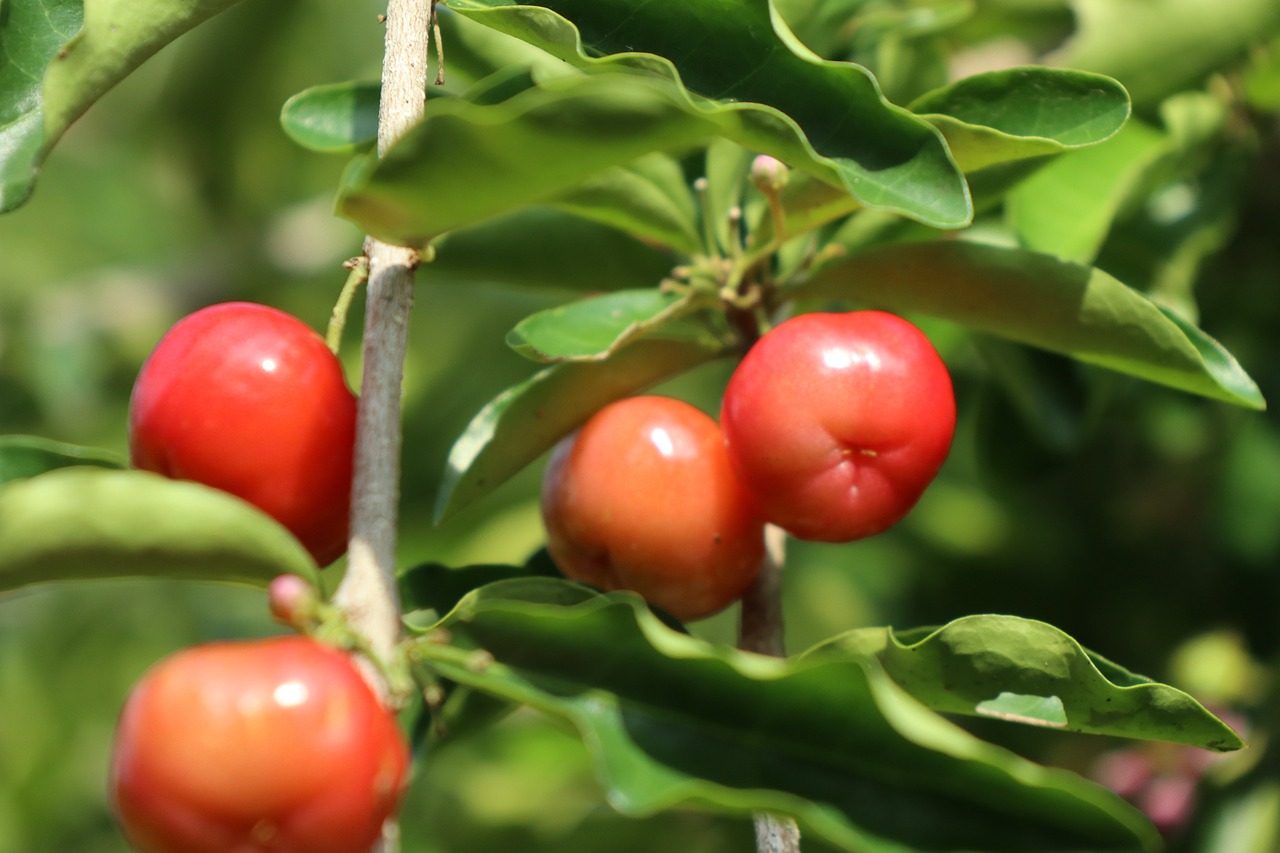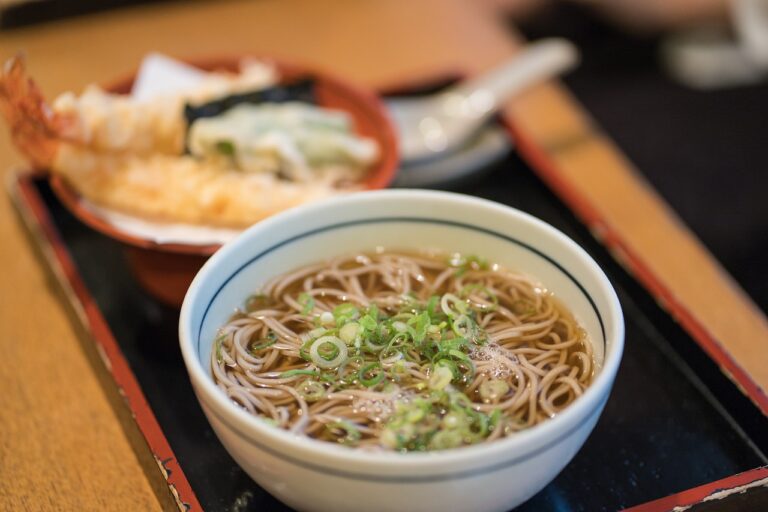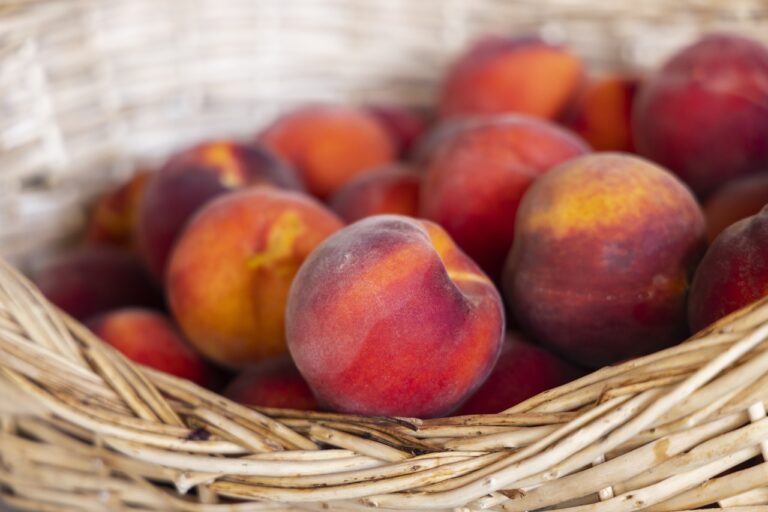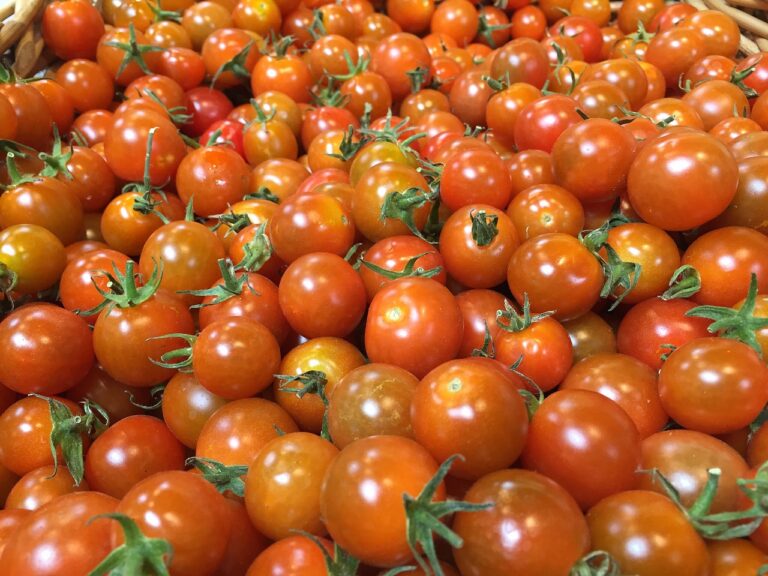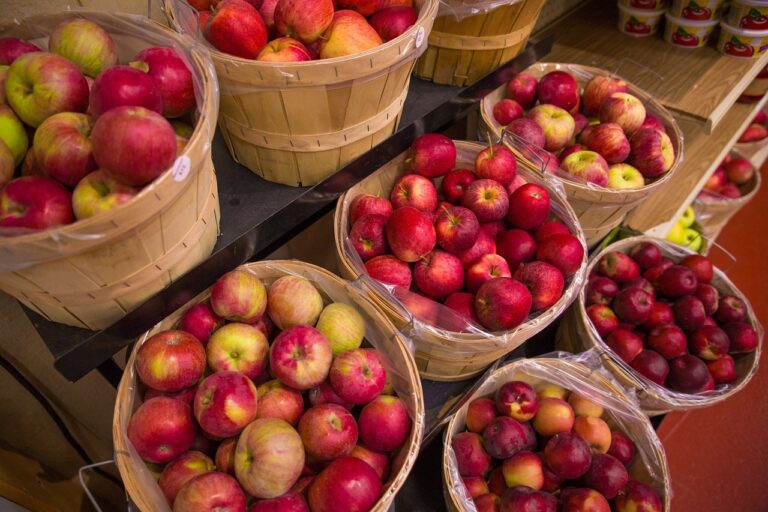Poultry Farming and Soil Health: Cricket bet 99 login, Sky11 live, Reddy book id
cricket bet 99 login, sky11 live, reddy book id: Poultry farming plays a crucial role in providing a sustainable source of protein for billions of people worldwide. However, the impact of poultry farming on soil health is often overlooked. In this article, we will explore the relationship between poultry farming and soil health, as well as the practices that farmers can adopt to promote healthy soil in their operations.
Introduction
Poultry farming is the practice of raising domesticated birds such as chickens, ducks, and turkeys for their meat and eggs. It is a widespread practice that is essential for meeting the growing demand for protein in the global population. However, the intensive nature of poultry farming can have negative implications for soil health if proper management practices are not implemented.
Impact of Poultry Farming on Soil Health
1. Soil Erosion: The removal of vegetation for poultry farming can lead to soil erosion, as the soil becomes more susceptible to being washed or blown away. This can result in the loss of valuable topsoil, which is essential for supporting plant growth.
2. Nutrient Imbalance: Poultry manure is rich in nutrients such as nitrogen, phosphorus, and potassium, which are essential for plant growth. However, if manure is overapplied to the soil, it can lead to nutrient imbalances and pollution of waterways.
3. Soil Compaction: The heavy machinery used in poultry farming operations can compact the soil, reducing its ability to absorb water and nutrients. This can lead to poor drainage and a decrease in soil fertility.
4. Soil Salinization: The use of fertilizers and other chemicals in poultry farming can increase the salinity of the soil over time. This can inhibit plant growth and reduce soil biodiversity.
5. Soil Contamination: Poultry farming practices such as the use of antibiotics and other medications can lead to soil contamination, affecting the health of plants, animals, and humans.
Promoting Soil Health in Poultry Farming
1. Crop Rotation: Implementing crop rotation can help maintain soil fertility and reduce reliance on synthetic fertilizers. Rotating crops such as legumes, grains, and vegetables can help break pest cycles and improve soil structure.
2. Cover Crops: Planting cover crops such as clover, rye, and vetch can help protect the soil from erosion, improve soil structure, and add organic matter to the soil.
3. Conservation Tillage: Adopting conservation tillage practices such as no-till or reduced tillage can help prevent soil erosion, improve water retention, and reduce soil compaction.
4. Composting: Properly composting poultry manure can help reduce nutrient imbalances and eliminate pathogens. Composting also helps improve soil structure and fertility.
5. Integrated Pest Management (IPM): Implementing IPM practices can help reduce the use of chemicals in poultry farming, minimizing soil contamination and promoting a healthy soil ecosystem.
6. Soil Testing: Regularly testing the soil for nutrients can help farmers make informed decisions about fertilization and soil amendments. Soil testing can help prevent nutrient imbalances and ensure optimal plant growth.
FAQs
Q: Is poultry manure good for the soil?
A: Yes, poultry manure is rich in nutrients and organic matter that can improve soil fertility. However, it must be applied in moderation to prevent nutrient imbalances and pollution.
Q: How can I prevent soil erosion on my poultry farm?
A: Planting cover crops, implementing conservation tillage practices, and maintaining vegetative buffers can help prevent soil erosion on poultry farms.
Q: What are the benefits of composting poultry manure?
A: Composting poultry manure can help reduce nutrient imbalances, eliminate pathogens, improve soil structure, and enhance soil fertility.
In conclusion, poultry farming and soil health are closely intertwined, and it is essential for farmers to adopt practices that promote sustainable soil management. By implementing techniques such as crop rotation, cover cropping, conservation tillage, composting, IPM, and soil testing, poultry farmers can contribute to maintaining healthy soils for future generations. Remember, a healthy soil is the foundation of a successful poultry farming operation.

